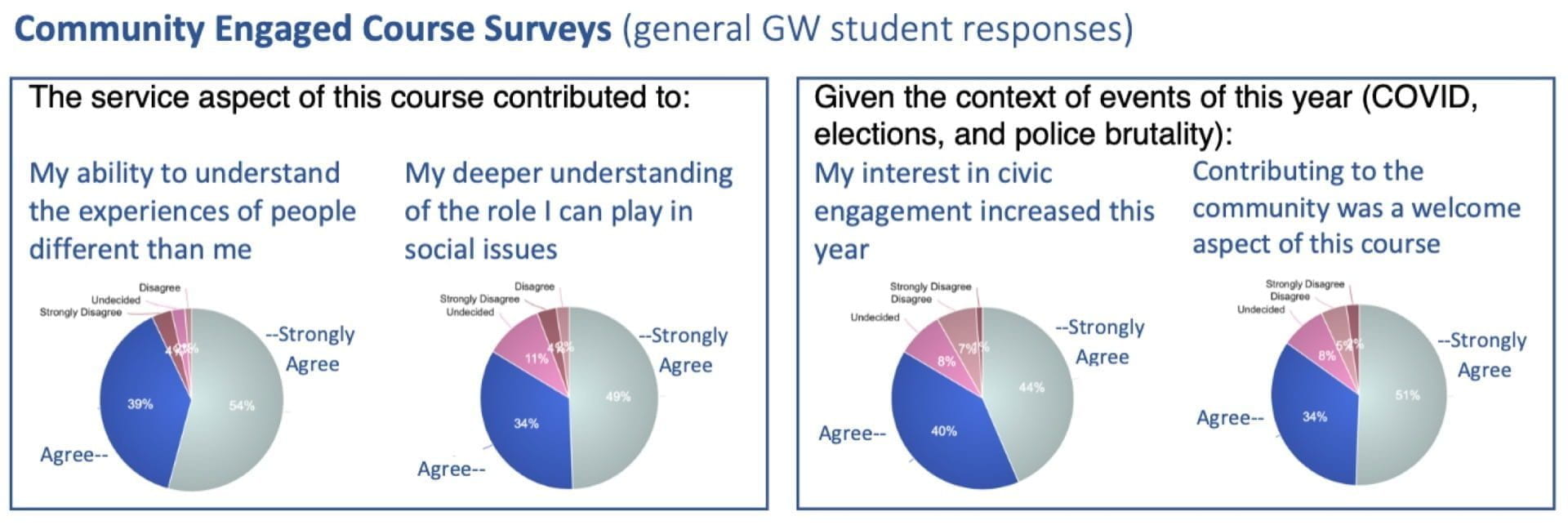 "I worked with the Free Minds Book Club to take poems created by incarcerated members of their club and design expressive typographic works."
"I worked with the Free Minds Book Club to take poems created by incarcerated members of their club and design expressive typographic works."
"Through the Free Minds Book Club collaboration, my students not only worked with real content, but also had the unique opportunity to interact with the authors of the content and learn about the lived experiences that inspired the words. Students' exceptional level of engagement and commitment was evidence that they were aware of the impact their work would have on someone at a personal level. There was a sense of great responsibility and care that students put into this work, wanting to do justice to these extraordinary narratives. Throughout the collaboration, there was a sense of joy, curiosity, and respect developed on both sides, along with an appreciation for unfamiliar perspectives.
Typography II is the second course in the two part typography sequence at Corcoran Graphic Design. Students build on their introductory study from Typography I in this intermediate course to think about composing and making meaning with type. With a learning objective of building a voice as a designer, the process of transcription is focused on in this course—transcribing content authored by someone else into a legible, readable, digestible piece of artifact that also has a layer of the designer's own voice."
"Free Minds uses books, creative writing, and peer support to awaken incarcerated and formerly incarcerated youths and adults to their own potential. Through creative expression, job readiness training, and violence prevention outreach, these poets achieve their education and career goals, and become powerful voices for change in the community." Their participants' poetry is available in books like, "When You Hear Me (You Hear Us)."
For information about Community Engaged Scholarship at GW:https://go.gwu.edu/cesc
Semester Reports
Spring 2024
Professor: Aasawari Kulkarni
Students Reporting: 10
Time Reported: 410 hours
Example Student Projects:
Again this year, GW students were paired with poet ambassadors from the Free Minds program. Free Minds uses books, creative writing, and peer support to awaken to help their program participants achieve their education and career goals, and become powerful voices for change in the community.
Students analyzed and interpreted the poems, then used typography and graphic design skills to create visual representations of the poems. These designs were compiled into a booklet that was sent back to the incarcerated authors. In a final class presentation, students gave a public reading of their assigned poem and presented their graphic design work to Free Minds staff and Poem Ambassadors. In May of 2024, a gallery of the poem designs was exhibited in the GW University Student Center.
Student Comments:
"Usually I only complete assignments for a class project and a grade, but this project made me feel like I was doing something actually important. I found that it made me a bit stressed (in a good way) because I wanted to make sure that I captured the poem accurately and that I was doing it justice."
"I learned how to interact with a client and to work diligently to ensure that the work I was interpreting still came across the way it was intended."
"This project with Free Minds Book Club taught me to communicate complex ideas through typography. Collaborating with the community showed me the power of design for positive change. It inspired creativity and innovation, pushing me beyond traditional design boundaries. Overall, it deepened my understanding of design's role in fostering community and social impact."
"I got to learn about incarcerated people's experiences as well as learn about what free minds do for them. I also learned how powerful the arts can be for those who are incarcerated."
"It was extremely impactful to get to talk to formerly incarcerated people and read the poetry of those who are still incarcerated. This created a bridge between communities that are often dissonant, and it really opened my eyes to the experiences of others."
Samples:


Spring 2022
Professor: Sharmila Karamchandani
Students Reporting: 9
Student Comments:
"It was such a pleasure to work on poetry that is so meaningful. Being able to find new ways to tell the poem author's story was so rewarding and a once in a lifetime experience.”
Sample:
Spring 2021
Professors: Sara Jamshidi and Maria Habib
Students Reporting: 17
Time Reported: 680
In this advanced Typography course, students learned to consider audience, structure/syntax, content/meaning, visual hierarchy, and aesthetics in message building for visual communications.
Student Comments
“I worked on the Production Team and yesterday we were able to present our final deliverables to Free Minds. It was a great experience that enabled us to put all of our accumulated work together as a class, and we all worked so hard to produce a cohesive project for Free Minds."
“Completed the comments page based on the feedback that I received and the feedback that the poet received for their original work. I tried to approach it much like my original poem in that I relied on the emotion that comes through in the original poem. There is a ton of imagery in the poem "Self Portrait" and my focusing again on the ebbs and flows of that intensity of emotion to create a composition.”
“For the final week of class, I was reflecting on all that I learned this year and how much I enjoyed project managing with my team. We worked on final revisions and file packaging for our poems as well as an individual process presentation. I learned the importance of organization in a larger, team process as well as the satisfaction of planning and executing a deliverable from a managing perspective.”
“Finishing the semester with this presentation was an absolute joy because we were able to showcase all the hard work that all of the group did."




